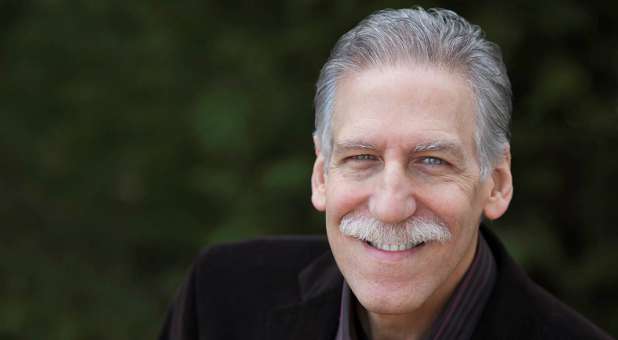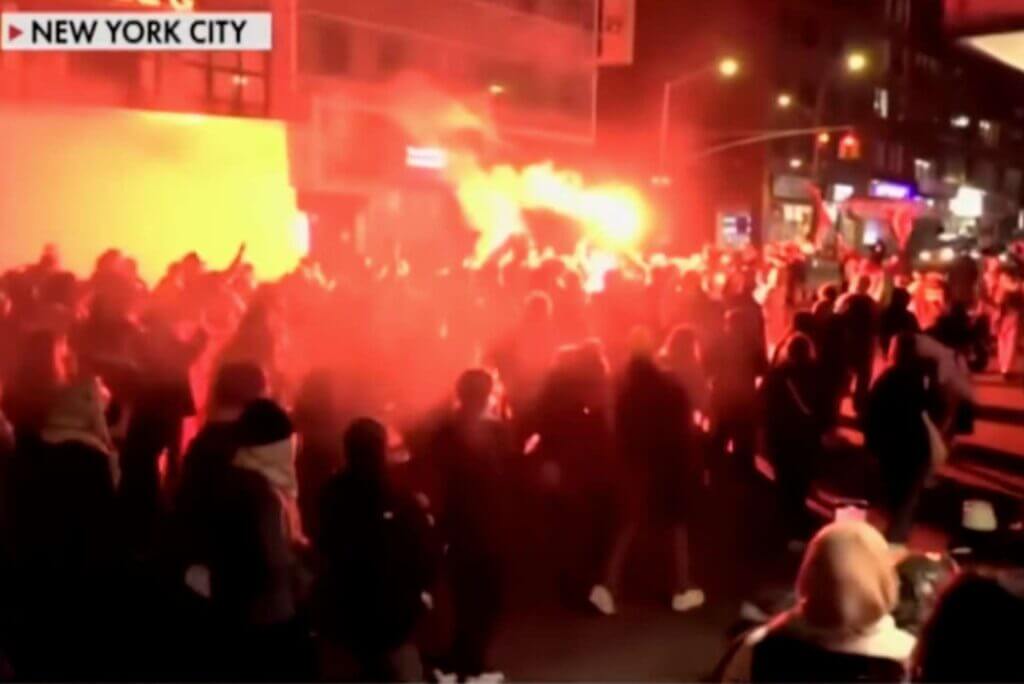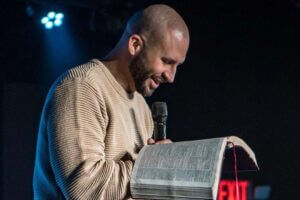We’ve heard this charge many times in the last six months: “If you charismatics did a better job of cleaning up your own act, there wouldn’t be a need for a Strange Fire conference and book.”
Is this true?
Before leaving the subject of Strange Fire vs. Authentic Fire (which I plan to do for now with this article, turning my focus to the issue of Hyper-Grace next week), I feel it is important to respond to this charge clearly and directly, summarizing here what I detailed in more than 20 pages of citations in my Authentic Fire book.
To begin with, let me state plainly that there is absolutely no excuse for the many abuses that do exist in the charismatic movement, both doctrinal and moral, and if some of the worst charismatic TV preachers were true representatives of our movement, I would never call myself a charismatic.
On the flip side, with more than half-a-billion charismatic adherents worldwide, it is ludicrous to think that there is a homogenous “charismatic movement” and that, if a few more leaders spoke out clearly, the abuses and errors would go away.
Pastor John MacArthur has now written three books against the charismatic movement, and with all his influence (and the influence of his last, large conference), he has hardly stemmed the tide of the abuses that do exist. (To be clear, many of his charges are greatly exaggerated, but even where he is accurate and even where I say “Amen” to his criticisms, his efforts have not changed the movement he critiques.)
In fact, one of the real problems in the body today is the lack of true accountability for many leaders and churches (charismatic and non-charismatic alike), making it very difficult to bring correction and discipline when it is needed. (To be perfectly candid though, there were errors that existed in New Testament times and in the succeeding centuries; the church has always had to confront error and heresy.)
That being said, and as I document in Authentic Fire, Pentecostal and charismatic leaders have been addressing errors and abuses for decades now, and we continue to do so to this very day.
As noted by Reformed pastor John Carpenter, “the suggestion that ‘charismatics’ simply never police their own is false. David Wilkerson was outspoken and just as severe in his appraisal of the prosperity ‘gospel’ as is John MacArthur. … The Assemblies of God famously tried to discipline Jimmy Swaggart and eventually defrocked him when he wouldn’t submit. Yes, there should be more of such correction but people are only responsible to discipline what is under their authority. Should we hold all Baptists responsible for the Westboro Baptists? Should we accuse everyone who believes in the inspiration of Scripture (like me) for being as irrational as the King James Onlyists?”
I could easily cite here statements by charismatic leaders like John Wimber and Derek Prince, who raised concerns about certain types of healing and revival services, or of David Wilkerson, who lifted his voice against a “Christless Pentecost” (also using profound quotes from Frank Bartleman, a Pentecostal pioneer involved in the Azusa Street revival), or Prof. Gordon Fee, who wrote about The Disease of the Health and Wealth Gospels, or of Lee Grady, who has penned many columns on these very Charisma pages exposing a wide variety of uniquely charismatic sins.
And I could easily cite the life messages of charismatic leaders like Jack Hayford and Jim Cymbala (among many others) who have avoided the extremes by aiming for the middle—meaning the most central issues of the gospel and of life in the Spirit.
In my own ministry (not to pat myself on the back but simply to respond to the endless stream of questions that has come my way), in 1989, my book The End of the American Gospel Enterprise focused largely on the compromised state of many of our American charismatic churches (since these were the circles I primarily traveled in) while my 1990 book How Saved Are We? contained an entire chapter renouncing the carnal prosperity message along with another chapter focused on carnal fundraising techniques. (For the record, these abusive techniques—honed to a science today on Christian TV by men like Mike Murdoch and Steve Munsey—have only become more pervasive since 1990.)
In 1991, my next book was published, entitled Whatever Happened to the Power of God: Is the Charismatic Church Slain in the Spirit or Down for the Count? (I trust the title and subtitle were clear enough), while in 1993, It’s Time to Rock the Boat: A Call to God’s People to Rise Up and Preach a Confrontational Gospel, addressed more issues of gospel compromise, many of which pertained to charismatics. Then, in 1995, in From Holy Laughter to Holy Fire: America on the Edge of Revival, I spoke of the need to go beyond the “refreshing” movements that were current in that day and to seek God for a repentance-based, outpouring of the Spirit.
During my years serving as a leader in the Brownsville Revival (1996-2000), I brought messages calling believers and leaders deeper, and right through 2013, I have been addressing my charismatic brothers and sisters. For example, one of the most widely read articles we posted in 2013 was “Sex Symbols Who Speak in Tongues,” largely a critique of our contemporary, charismatic gospel message (as opposed to being a critique of the sex symbols, whose names I didn’t even mention).
Even the Hyper-Grace book, which is about to be released, focuses on abuses of the grace message occurring primarily within the charismatic movement. And bear in mind that I am just one leader among many addressing abuses and errors within our movement and, again, I only share these things to respond to valid questions; and even so, I do so with hesitation, lest I be misunderstood. (Of course, when praying and preaching and writing, I always point the finger first and foremost at myself.)
When you read the citations within Authentic Fire, I believe you’ll be shocked to see how many Pentecostal and charismatic leaders have been addressing issues within our movement for decades now, dating back more than 100 years. At the same time, I believe we need to do much better, working harder to deal with the theological sloppiness, the moral looseness, and the personality cults that are found all too often in our midst.
If only leaders like John MacArthur could recognize the marvelous contribution being made to the gospel today by countless tens of millions of faithful charismatics worldwide, we could work hand in hand to correct the very real problems that do exist. And perhaps we charismatics could help our cessationist brothers and sisters address the problems that exist in their own house as well.
As I wrote in Authentic Fire, embracing the true fire is just as important as rejecting the false fire. May God help all of us to do both.
Michael Brown is author of Hyper-Grace: Exposing the Dangers of the Modern Grace Message and host of the nationally syndicated talk radio show The Line of Fire on the Salem Radio Network. He is also president of FIRE School of Ministry and director of the Coalition of Conscience. Follow him at AskDrBrown on Facebook or at @drmichaellbrown on Twitter.
See an error in this article?
To contact us or to submit an article





















